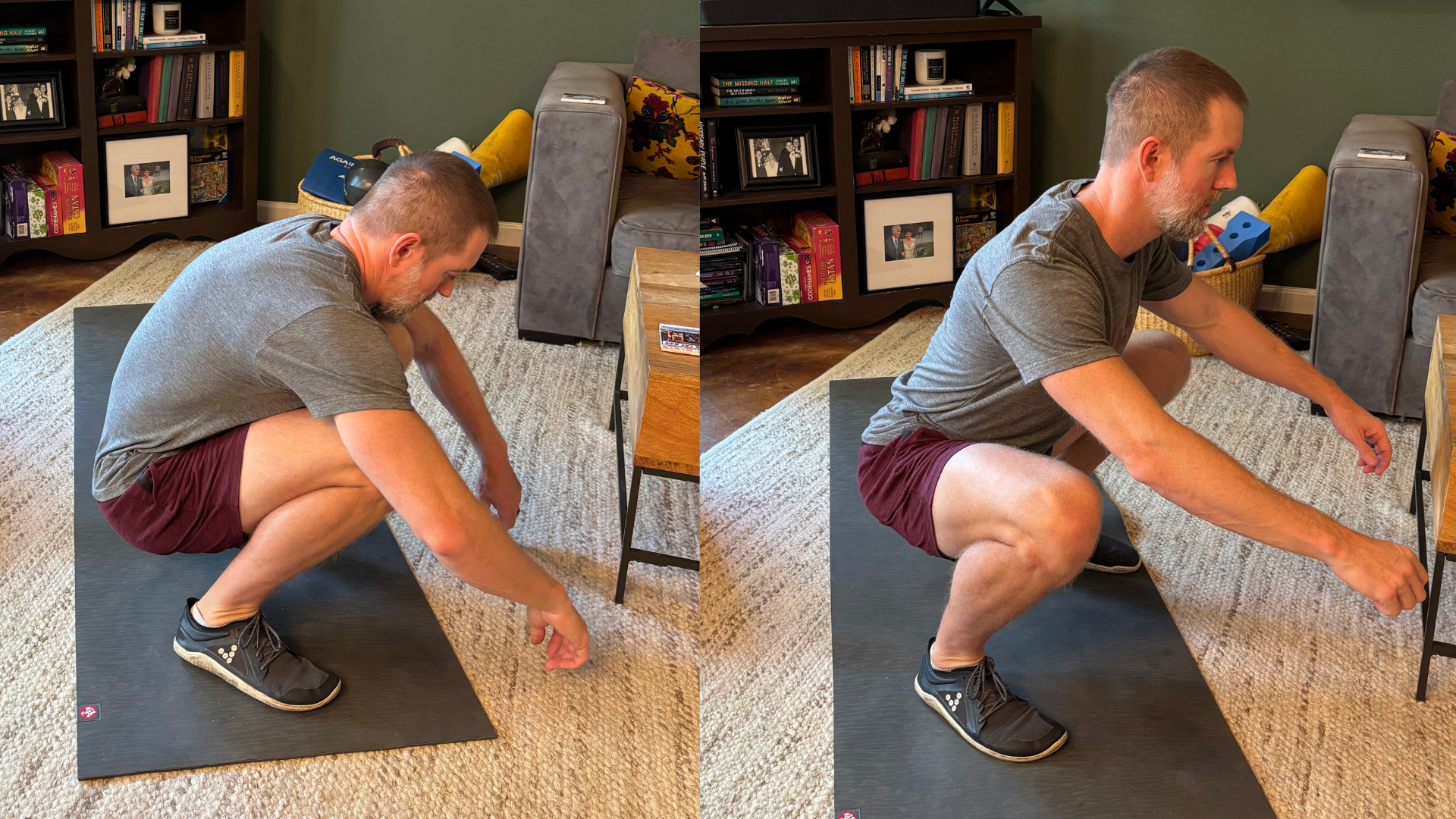Stress is Enhancing
Written By Kyle Ligon - MovementLink.FIT Head Coach
What if I had mislabeled stress as bad and in fact stress has actually been trying to help me all along?
There is a growing amount of research and momentum behind the idea that stress can actually enhance our abilities when we understand it and embrace it. This article is inspired by Stanford University’s free video series on Rethinking Stress - an intervention used in studies on how stress impacts our performance. I found this resource to be incredibly insightful and highly recommend it! To sum it up, after an intervention to help people rethink stress (like the video series linked above), performance under stress and how people experienced stress improved significantly.
Before I dig in deeper, I want to mention that in this article I am discussing the benefits of acute stress, which is different from experiencing stress chronically. Chronic stress is when people spend the majority of their days in fight or flight mode, constantly worrying about work, always in a rush, constantly moving from one highly stimulating thing to the next, experiencing lasting social anxieties, and spending a lot of time reliving the past or worrying about the future. Stress mobilizes resources in a way that benefits the current moment, but spending too much time in this state is a detriment to overall health and wellness. Although we want to make sure we are not exposed to stress chronically, this article is about not throwing the baby out with the bathwater. Stress exists to help us and the better we understand it, the more we can benefit from it.
Until recently, I had never questioned my preconceived notion that stress and anxiety were just hindrances I had to live with. To me, because I thought stress was bad, whenever I experienced stress before hard workouts, sporting events, presentations, or social gatherings, I would attempt to reduce my stress as much as possible, thinking the more stress I carried with me into these situations, the more I would be held back. I agonized over whether or not I would still be able to perform adequately with the stress I experienced. The game I played was to avoid and reduce stress as much as possible and hope for the best.
Because I didn’t understand the benefits of stress, I adopted negative connotations to the symptoms of being stressed. This then put me in a state where the potential benefits were squandered as I experienced stress as debilitating.
“Whether you think you can or you think you can’t, you’re right. ”
— HENRY FORD
Let’s look at how perceiving stress as inhibitory was a self-fulfilling prophecy for me. I believed feeling stress was negative and attempted to avoid it at all costs. When I inevitably did feel stress in my life, because I misidentified the feelings, I could mentally spiral. The feeling in my gut, a higher heart rate, sweating a bit, and turning a little red, were all perceived as evidence that my performance was impaired causing me further anxiety. I was hyper aware of any little thing that didn’t go perfectly and blamed it on feeling stressed, which would distract me from the task at hand and crash my confidence. The reality is my performances were negatively impacted not by stress, but instead by how I viewed stress.
I’m sure you’ve heard some version of a story of parents lifting cars to save their children. If stress was always debilitating, those stories wouldn’t exist. After learning about a Stress is Enhancing Mindset, I am more able to recognize that, like a fairy godmother, stress tends to appear when I identify something challenging that is also very important to me. I have learned that stress is not something to fear, but something to embrace. As I recognize the significance of a situation, my body prepares for the challenge by deploying and rearranging resources to maximize performance and learning. Yes, being stressed feels different than normal, but instead of feeling hindered, because I now know what’s going on in my body, I feel boosted.
Certain hormones can improve our reaction time, fitness, and brain function and can be experienced as a feeling in our gut, some tingling, and shakiness.
Increased blood flow improves performance by moving nutrients and hormones around the brain and body which is driven by an elevated heart rate, which can cause some redness and some sweating.
Stress increases our brain’s neuroplasticity, dramatically improving our ability to learn. This can be experienced as nit picking our performance and sometimes an out of body experience as we view our performance.
These feelings and symptoms of stress are not negatives, just simply what an elevated state feels like. Oddly enough, how someone experiences stress is a little bit like the placebo effect and the effectiveness of medication. Not only can placebo treatments have positive impacts on disease when people believe they are getting the real treatment, but incredibly, actual medicine proven to be effective can have little to no impact if the patient does not believe it will work (https://newsinhealth.nih.gov/2023/01/powerful-placebo).
When we can connect the symptoms of stress to the positive benefits that accompany them, we can change the experience from one of spiraling hindrances to one of understanding that our body is optimized to perform, learn, and grow in situations that we understand are important to us.
Stress can even be a benefit hours, days, weeks, months ahead of time. Stress not only makes your brain more capable of learning, but feeling stress ahead of time can work as an opportunity to rehearse speeches, etc with the same hormones and stress symptoms that will exist on game day. Visualization in sports is actually incredibly effective, but only when athletes can imagine the scenarios and put themselves in the emotional states of those scenarios. They can then practice and gain experience with reacting the way they want themselves to during adversity.
The more experience we gain acknowledging and welcoming our stress states, the better we become at utilizing the heightened hormones and brain power available in important moments.
Embrace stress, it’s here to help.
Want to take a look at how embracing stress and challenges can actually change your brain? Check out my article - How to Increase Your Willpower.









